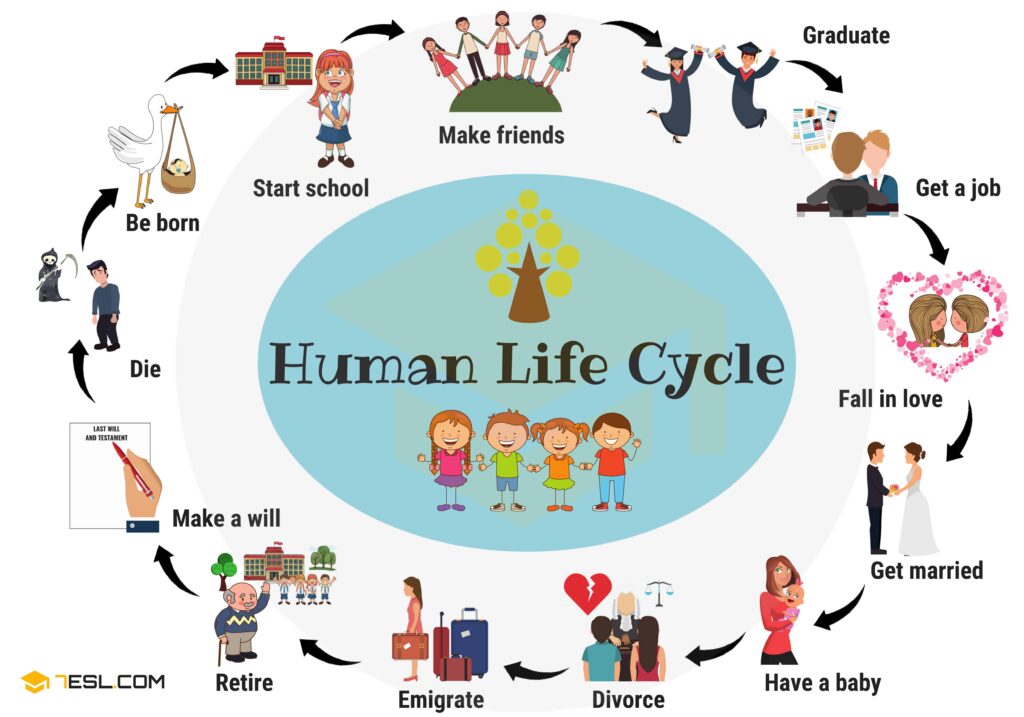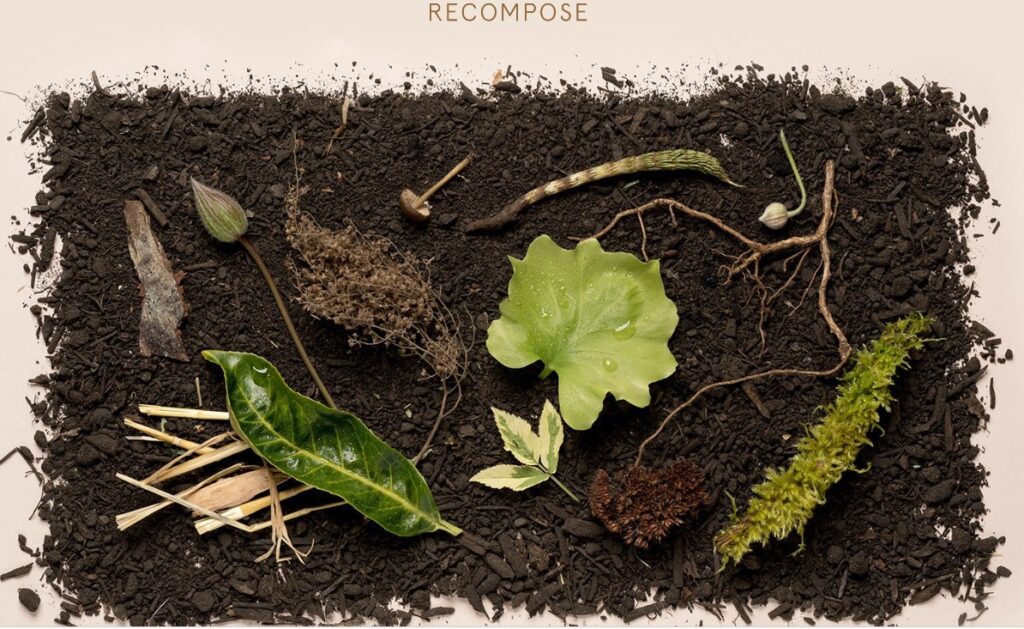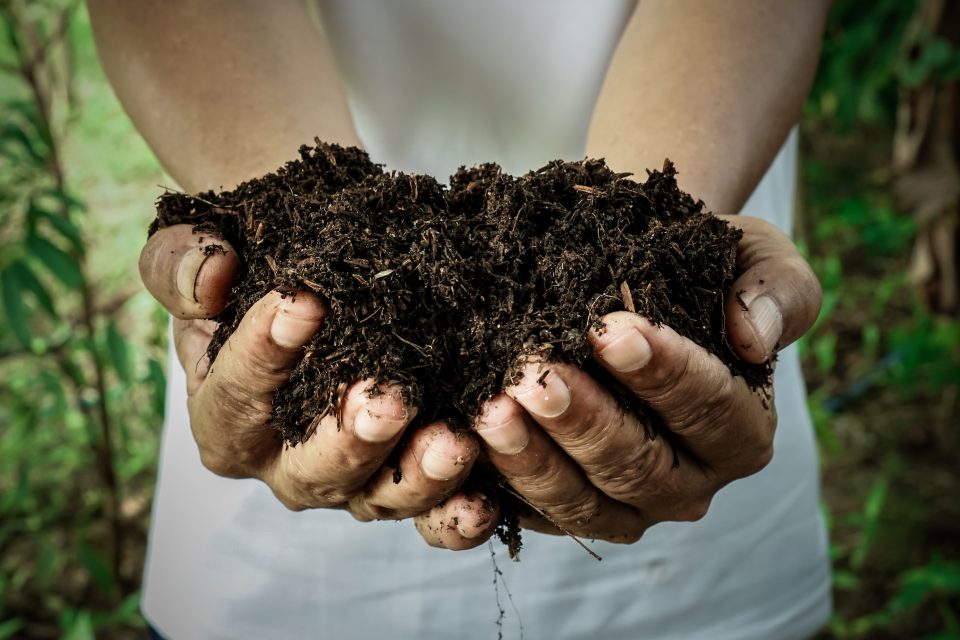Death is part of life. It happens to everyone and everything which was born. Trees, plants, animals, birds, humans etc, all will die sooner or later. Humans are social beings and as a result, we live in society. Each society has its norms and rules. Some are to be followed strictly, while for others, there is some leeway.

When death is imminent, a few things we can plan ahead:
- Discuss Wishes: Have an open and compassionate conversation with your loved one about their end-of-life wishes. Understand what they want to be done with their physical remains – whether they prefer cremation, burial, or alternative options like Alkaline Hydrolysis, Human Composting. Respect their preferences and ensure they are legally documented.
- Funeral Home: Reach out to a couple of funeral homes to obtain quotes for the services requested by LO. It’s essential to gather this information ahead of time, as during times of loss, emotions can run high, and it may not be the most suitable moment for negotiation or thoughtful evaluation. Having the quotes in advance will help ensure that you can make informed decisions and choose the best option for your needs when the time comes.
- Legal Documents: Ensure that your loved one has a valid and up-to-date Will, medical power of attorney, general power of attorney, and any necessary estate planning documents. Consult with an attorney if required to ensure everything is in order legally.
- Digital Assets: Ask your loved one for the passwords and access information to their computer, phone, financial accounts, and social media accounts. This will help you manage and close these accounts appropriately after their passing.
- Contact Information: Make a list of contact information for all their close friends, family members, personal lawyer, doctor, insurers, and other important contacts. This will be crucial for informing them about your loved one’s passing.
- Discuss Personal Matters: Encourage your loved one to share important information about their personal life, including any pending matters, unfinished projects, or sentimental belongings they wish to be passed on to specific individuals.
- Emotional Support: During this time, it’s crucial to provide emotional support to your loved one and ensure they feel loved and cared for.
- Document Everything: Keep all the relevant documents, passwords, contact information, and wishes in a secure and easily accessible place. Inform a trusted family member or friend about the location of these documents.
- Healthcare Preferences: Discuss healthcare preferences in case your loved one is unable to make medical decisions for themselves. Ensure they have a designated healthcare proxy or medical power of attorney who understands their wishes.
- Memorial Slideshow: Gather appropriate photos. Think about a theme, and create a slideshow. Some funeral homes offer services like displaying a slideshow of the loved one’s life during the memorial. You can use Wi-Fi or video conferencing applications to broadcast this to those who can’t attend in person.
After the death of a loved one, it’s essential to handle the situation calmly and responsibly. Here are the steps to follow:
- Look for Signs of Death: While it can be emotionally challenging, try to check for clear signs of death, such as a lack of response, no breathing, no pulse, or fixed eyes. Keep in mind that some signs, like rigor mortis, might take a few hours to set in, so don’t rely solely on these early indicators. If in doubt, don’t hesitate to contact a doctor or emergency responder.
- Call for Assistance: If your loved one passed away in a hospital or nursing home and you’re the first one aware of it, inform the staff immediately. The doctor at the facility is the one who can officially pronounce the person dead, and medical professionals will take the necessary steps from that point.
- Expected Death at Home: If your loved one’s passing was expected at home, contact their doctor. If the death occurs during the night, it is acceptable to call 911 or another emergency service. Make sure to inform the 911 operator that the death was expected, as this will help them understand the situation better.
- Unexpected Death at Home or Elsewhere: If the death is unexpected at home or in any other location, call 911 immediately. Both the police and emergency responders will determine the appropriate steps to take. While it may be a distressing situation, try to remain as calm as possible. Reach out to family members or close friends for support during this challenging time.
Dealing with the loss of a loved one can be overwhelming, and it’s okay to lean on others for help and support. Don’t hesitate to seek assistance from professionals or support groups if needed. Take the time you need to process your emotions and remember to be gentle with yourself during the grieving process.
Make arrangements for the body:
- Autopsy or Transport in case of Death away from Medical facilities: If an autopsy is necessary, contact the county coroner for guidance. If not, arrange for the transportation of the body to the mortuary or crematorium. Get quotes over the phone from care providers to be aware of the costs involved.
- Notify Doctor and Coroner: Inform the deceased person’s doctor and the county coroner to ensure the proper issuance of a death certificate. Having someone, like a friend or family member, to support you during this process can be helpful.
- Hospital or Facility Deaths: If the loved one passed away in a healthcare facility or senior home, the staff will handle the necessary legal procedures and paperwork.
- Unexpected Deaths: If the death occurred outside of a facility, call 911. The authorities will ensure there are no suspicious circumstances and release the body for the final journey.
Contact the family:
- Notify Family and Friends: Contact family members, dependents, and close friends to inform them of the passing. You don’t need to reach out to everyone immediately, and it’s okay to ask other family members for help in spreading the news.
- Prepare an Obituary: Write an obituary to share a brief history of the person’s life, their accomplishments, and the legacy they leave behind. You can publish this online, on social media, or in a local publication. Funeral homes can also assist with these arrangements.
Losing a loved one is a difficult experience, and taking things one step at a time can help manage the process. Don’t hesitate to seek support from friends, family, or professionals during this emotional time.
Regenerate response
Sikh Religious Accommodations:
- Follow LO’s Instructions: If the deceased had specified any instructions regarding religious rites such as Akhand Paath or Sahaj Paath, follow them accordingly. If there were no prior instructions, the family can decide on the appropriate course of action.
- Paath Arrangements: Akhand Paath is completed in 48 hours, while Sahaj Paath may take four to six days or more. It is customary to start the Paath in advance, considering when it needs to conclude, often coinciding with the Antim Ardas (final prayer for the deceased). The timing aligns with the schedules of attendees, the funeral, and other events. Such as schedule and timing of guests coming from overseas, or out of state.
- Antim Ardas at Gurdwara: Some individuals may opt to perform the Antim Ardas only, without the Paath. Contact the Gurdwara office to make arrangements for these religious services.
- Fill Out a Form: To organize the services, you’ll need to complete a form at the Gurdwara. This form will contain details about the cost and the program, with some items offered at no cost.
- After the form is submitted or at the time of submission, either someone from Gurdwara will contact you or you need to call and align the dates and timing. The Gurdwara office will need to align various staff members looking at the existing workload. Both availabilities of Gurdwara and Funeral place needs to be aligned.
At the Funeral Place:
- Sikh Services: A staff member from the Gurdwara will lead the services at the funeral home. The schedule needs to be aligned in advance, and the services may include Ardas, Japji Sahib Paath, or Sukhmani Sahib Paath, based on the family’s preferences. Services need to be agreed upon in advance, so appropriate time can be allocated.
- Sikh service Preparations:
- Inquire with the funeral director about their familiarity with Sikh funeral services. If they are not acquainted, ensure that someone communicates their specific needs and customs to them.
- Sikhs typically use caskets for their funerals, and the service can be either open casket or closed casket.
- During the paath and Ardas (prayer and supplication) portion of the service, participants usually sit on the floor. Physically challenged individuals may use chairs, which can be made available on the sides and behind the area where white sheets are laid out for others to sit.
- If the funeral location does not have white sheets available, consider borrowing them from a nearby Gurdwara.
- You can also obtain sheets, gutkas (small booklets for reading paath), and head coverings from the Gurdwara to ensure that they are readily available during the service.
- Final Respect and Cremation: After the Paath, the eulogy is given by family and friends. Thereafter an Ardas is recited. Attendees line up to pay their final respects to the deceased before the body is taken for cremation, typically lasting around 10 minutes.
At the Gurdwara:
- Final Ardas and Langar: After the cremation, many people come to the Gurdwara for the final Ardas. Tea and snacks are provided, and attendees may bring snacks aligned with the deceased’s preferences. A Langar (community meal) is shared with all attendees, often prepared based on the LO’s favorite foods and desserts. Time is allocated for Obituary if any family or friends wants to speak.
- Cost for services and Donations: The Gurdwara will specify the necessary payment for the services on the form. Additionally, families may choose to provide voluntary donations to the Gurdwara and its staff as per their discretion. It’s important to note that most Gurdwaras are nonprofit organizations, and the charges are primarily intended to cover the associated costs. As a customary practice, making a donation to the Gurdwara in the name of the departed soul is considered respectful and is often done by the family.
It’s important to communicate openly with the Gurdwara staff and coordinators to ensure that all religious arrangements are handled with respect and in accordance with Sikh customs and traditions.
Handling Dependent and Home Care:
- Pets: If the deceased had pets, ensure their well-being by taking them home with you if possible or finding a suitable pet sitter. Consider reaching out to friends or family who may be able to care for them temporarily.
- Children and Other Dependents: If there are children or other dependents involved, contact close family members for support and assistance during this difficult time. Collaborate with relatives to ensure the dependents’ needs are met.
- Employer Notification: If the deceased was employed, inform their employer about the passing. Request any information about due pay or benefits that the company might owe. Additionally, inquire about the existence of a life insurance policy if applicable.
- Funeral Home and Social Security: If the funeral home is engaged, they will take care of contacting Social Security and Medicare on your behalf. This step is essential for resolving any relevant benefits or administrative matters.
After the Funeral Contact an Estate Attorney:
- Existing Estate Attorney: If your loved one had an estate attorney, get in touch with them to handle any final affairs. Having precise estate plans in place makes it easier to manage financial and legal matters. However, if there is no estate plan, it’s essential to contact a qualified estate attorney to assist you.
- Probate Court: In the absence of an estate plan, a probate court may become necessary. An estate attorney can be a valuable resource in such situations, guiding you through the process and addressing any complexities, such as debts or obligations left behind.
- An executor or Personal Representative: If you are the appointed executor or personal representative of the estate, the estate attorney can advise you on whether probate is necessary and provide support throughout the process.
- Power of Attorney (POA): It’s essential to understand that a power of attorney ceases upon the death of the individual. The executor takes over the responsibilities after that. In the absence of an assigned executor, someone must step forward as the administrator.
- Large Estate and Probate: If the deceased had a substantial estate or potential claims against the estate, an estate attorney’s services may be required for probate.
- Financial and Service Providers: Compile a list of service providers, accounts, and bills related to the deceased. These will eventually need to be closed, but it’s crucial to manage them appropriately to avoid issues with ongoing payments or refunds.
- Pension and Insurance: If the deceased received a pension, contact the administrator to inquire about death benefits and ensure timely payment cessation. For home and car insurance policies, notify the agent, especially if the property will be vacant.
- Personal Belongings: Take care of the person’s home, mail, and phone in the days following their death. While planning for the person’s estate, keep these matters in mind and ensure they are managed responsibly.
Handling the legal and financial aspects after the passing of a loved one can be complex and emotionally challenging. An experienced estate attorney can provide invaluable guidance and support during this process.
Earth and Environment
- Matter on earth stays on earth, from time to time it takes a different shape, color, and use, with the change in its properties. An easy example is water, it can be liquid, steam/gas, or solid/ice. A little complicated example is when burning wood, it transfers into energy/fire, ashes, and smoke/gas. If we go back a little bit, where did the wood come from? Wood came from a tree, and the tree came from a seed, and the seed came from another tree. You get the point, the purpose of most matter on earth is to come to use and, in that process, transform from one form to another.
- There are a few matters that are scares or use of them impact ecology on the planet. And for that reason, we must take precautions, on how we use those matters.
- Wood is finite. Burning wood, cremation requires fossil fuels and emits Smoke /CO2 into the atmosphere, polluting and contributing to climate change
- Land in the city area is finite. It is costly to buy burial plots.
- Electric/gas cremation also has negative side effects of pollution in the environment as well as using up of expensive resources.
- Environmentally friendly alternatives



- Alkaline Hydrolysis, A small amount of electricity, and a small amount of chemicals. And after the body is dissolved for the most part, that liquid can be disposed of without any impact on the environment
- Human Composting (Natural Organic Reduction) This is the best method available. All bodies; humans, animals, plants, etc. decompose by themselves. Of course, the total natural process takes a little longer, and it stinks and is unhealthy at times. But if the same process is expedited with the help of microbes and without any smell and if the output is useable as plants friendly compost, what more can humanity ask for? We can put the body compost of our family, right in our backyard and see flowers bloom there. Natural Organic Reduction uses 1/8 the energy of cremation and saves over a metric ton of CO2 per cremation
- Yes, it is getting popular
- Yes, it is getting approval in society and many US states are now allowing human composting
- Enough of us need to rise above the draconian religious rituals and create a new order. Never abandon our beloved family members, keep them in our backyards, or playgrounds, or parks.
- One Human body makes about 1 cubic yard of healthy soil.
- The Human body is made of the five basic elements: Oxygen, Carbon, Hydrogen, Nitrogen, and Calcium. After the Natural organic reduction, these elements go back to earth and the cycle repeats.
